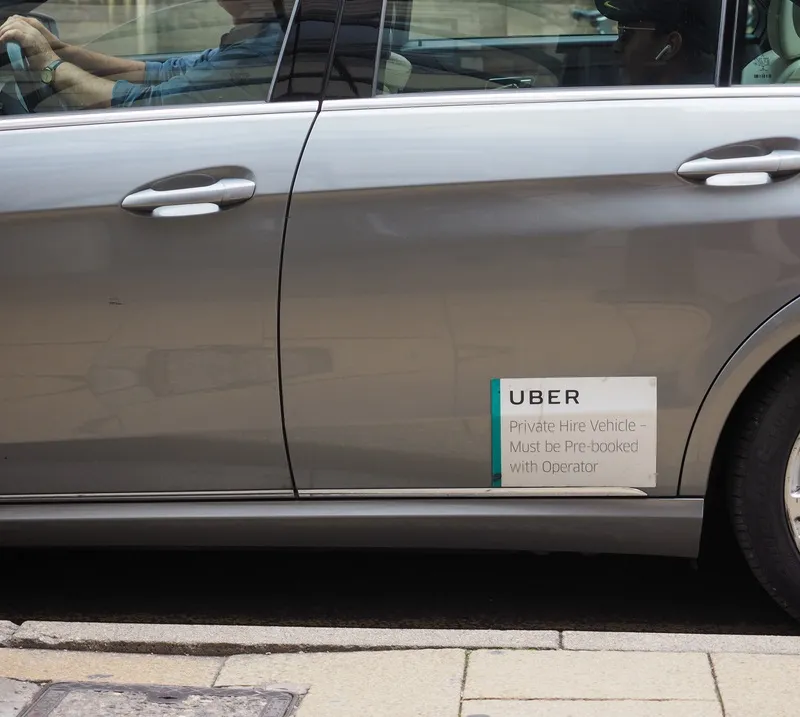Business life may be about to get trickier for transportation network companies following the passing of a new law in California which aims to give gig economy workers more rights.
%$Linker:
One, that “the hiring entity demonstrates that the person is free from the control and direction of the hiring entity in connection with the performance of the work”; two, the person “performs work that is outside the usual course of the hiring entity’s business”; and three, “the person is customarily engaged in an independently established trade, occupation, or business”.
It believes the new law does not mean there has to be an automatic switchover in employment status.
“Contrary to some of the rhetoric we’ve heard, AB5 does not automatically reclassify any rideshare drivers from independent contractors to employees,” said Tony West, Uber’s chief legal officer. “AB5 does not provide drivers with benefits, nor does it give drivers the right to organise. In fact, the bill currently says nothing about ride-share drivers.”
West suggests that AB5 merely adds a “higher bar” – the ‘ABC test’ – which must be used in California labour legislation to decide whether a worker is classified as an independent contractor or an employee.
“Arguably the highest bar is that a company must prove that contractors are doing work ‘outside the usual course’ of its business,” West continues. “But just because the test is hard does not mean we will not be able to pass it. In fact, several previous rulings have found that drivers’ work is outside the usual course of Uber’s business, which is serving as a technology platform for several different types of digital marketplaces.”
The real test to Uber’s view will come in the courts, perhaps as early as next year. The company insists it does not want an exemption to AB5, but says it will pursue “several legal and political options”. These include possibly working with ride-share rival
West concludes: “We are hiring the best campaign team available, and we are working to expand the coalition to include other businesses who face uncertainty in the wake of AB5. We are confident that California voters and the millions of riders and drivers who use Uber will step up to protect these important work opportunities.”
Uber: AB5 ‘does not automatically reclassify’ drivers
Business life may be about to get trickier for transportation network companies following the passing of a new law in California which aims to give gig economy workers more rights.
Assembly Bill 5 (AB5), which is due to come into effect in January next year, says that “a person providing labour or services for remuneration shall be considered an employee rather than an independent contractor” - unless three points are proved.
One, that “the hiring entity demonstrates that the person is free from the con
September 18, 2019
Read time: 3 mins
Related Content









